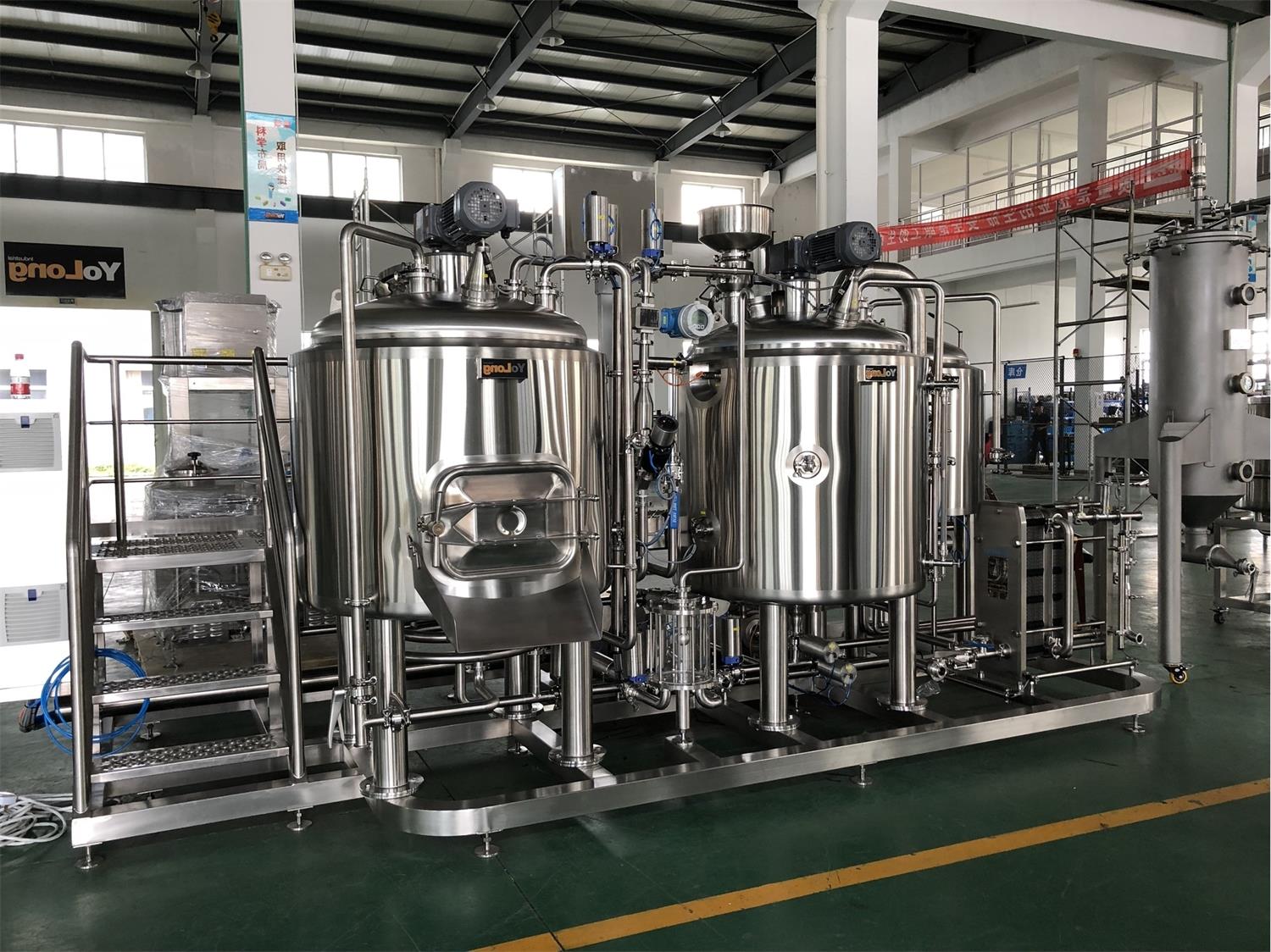Investing in Quality Brewing Equipment: A Smart Decision
Are you a homebrew enthusiast or a commercial brewer looking to elevate your craft? Investing in quality brewing equipment is essential to producing exceptional beer. This article will help you understand why investing in top-notch brewing equipment is a smart decision, the different types of brewing equipment, factors to consider when choosing the right equipment, and how to maintain it. Let’s get started!
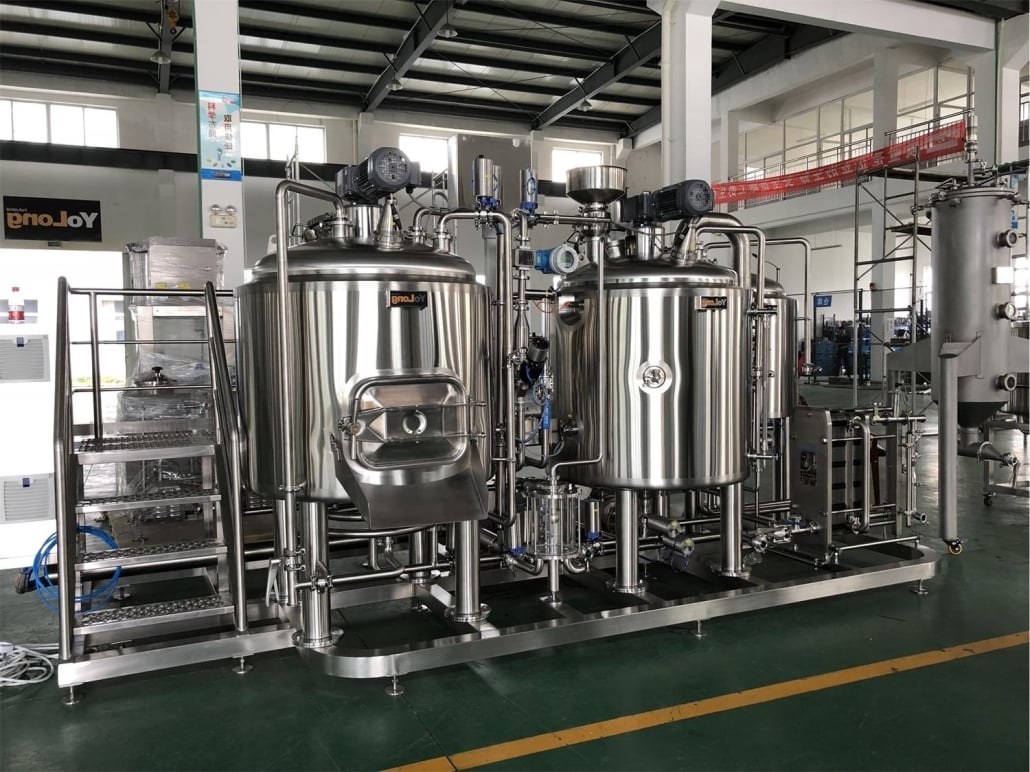
Why Invest in Quality Brewing Equipment?
Better Taste and Consistency
High-quality brewing equipment is designed to provide precise temperature control, efficient mash conversion, and optimal fermentation conditions. These factors are crucial in producing beer with consistent taste, aroma, and appearance. If you want to impress your friends, family, or customers with delicious and perfectly crafted beer, investing in quality brewing equipment is the way to go.
Durability and Reliability
Quality brewing equipment is made of sturdy materials and built to last, ensuring years of reliable service. By investing in high-quality equipment, you save money in the long run, as you won’t have to replace broken or worn-out parts frequently. Plus, quality brewing equipment is less likely to cause brewing mishaps or breakdowns, giving you peace of mind during the brewing process.
Energy Efficiency and Sustainability
Quality brewing equipment is designed to be energy-efficient, which not only reduces your electricity bills but also helps the environment. By using equipment that consumes less energy, you’re contributing to a more sustainable brewing process and reducing your carbon footprint.
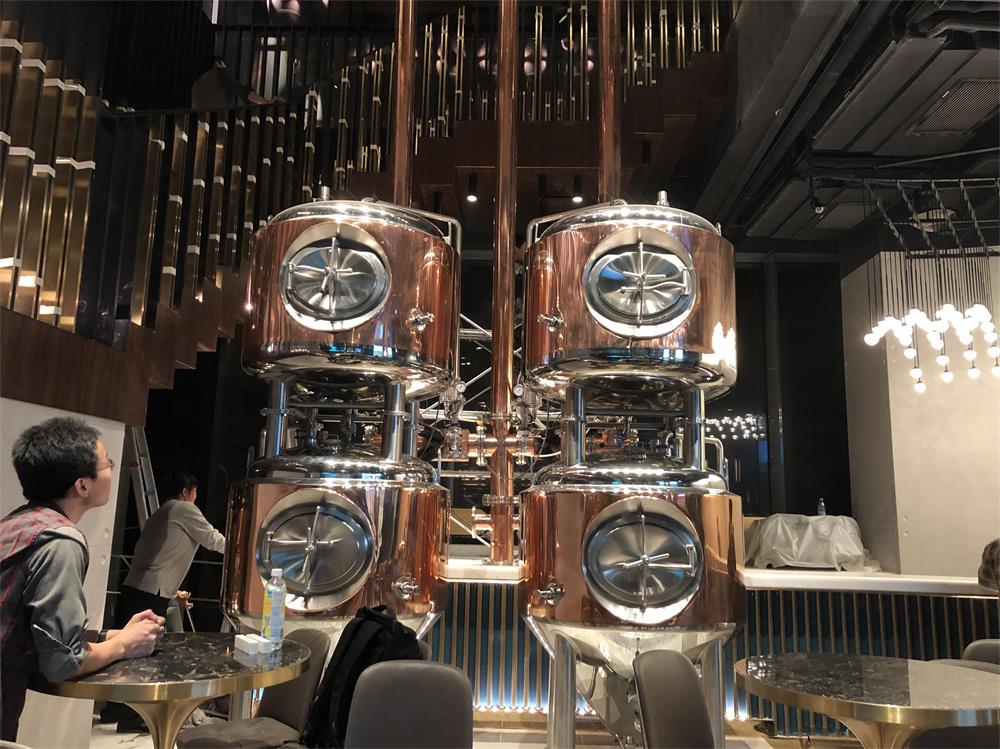
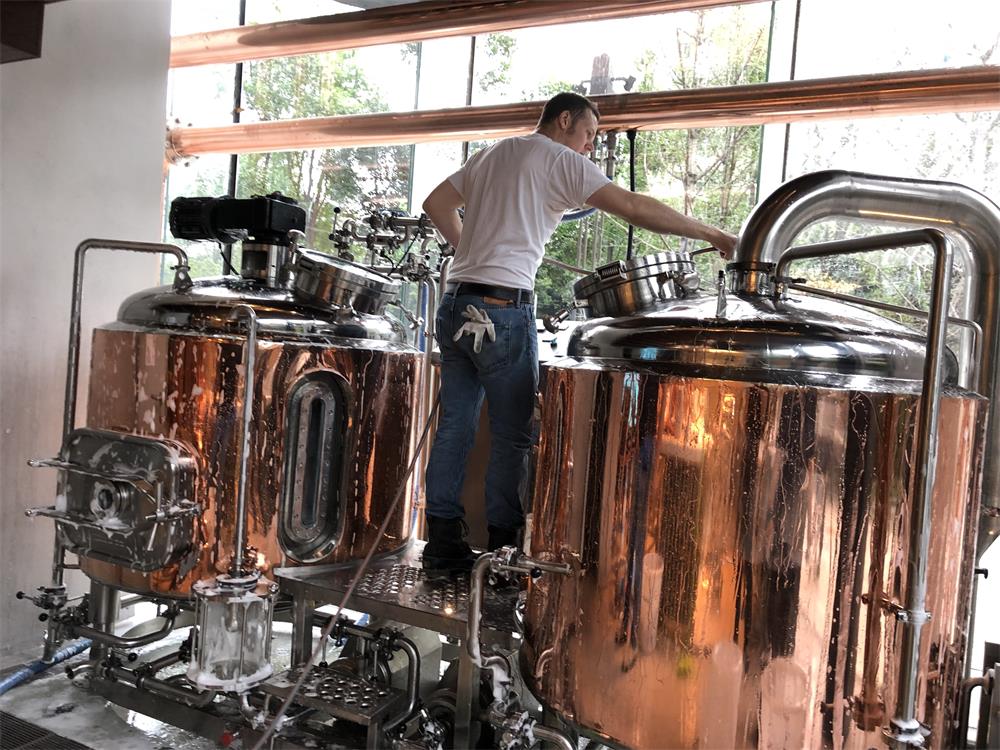
Types of Quality Brewing Equipment
Home Brewing Equipment
Firstly, home brewing equipment is designed to cater to hobbyists and small-scale brewers. These tools come in a variety of sizes and types, ensuring you find the right fit for your brewing journey. Let’s explore some essential items:
- Brewing kits: Ideal for beginners, all-in-one kits include necessary components such as fermenters, airlocks, and hydrometers. These kits offer a convenient and hassle-free start to home brewing.
- Kettles and mash tuns: Playing a vital role in boiling and mashing, these vessels are available in different sizes and materials to suit your preferences. Stainless steel options, for example, provide excellent heat retention and durability.
- Fermenters: Specifically designed for fermentation, these containers come in various shapes and materials, including plastic or stainless steel. Choose one based on your brewing style and desired features.
Moreover, homebrewers may also invest in additional equipment to enhance their brewing process:
- Wort chillers: These devices quickly cool boiled wort, reducing the risk of contamination and preserving the desired flavors.
- Thermometers and hydrometers: Accurate temperature and gravity readings are crucial for a successful brew, making these instruments indispensable.
- Cleaning and sanitizing supplies: Maintaining a clean brewing environment is essential to prevent off-flavors and spoilage.
In conclusion, home brewing equipment offers a wide range of options tailored to the needs of small-scale brewers. By investing in the right tools, you can elevate your brewing skills and produce high-quality beer in the comfort of your home.
Commercial Brewing Equipment
When it comes to commercial brewing equipment, the focus is on catering to larger-scale operations like breweries, brewpubs, and microbreweries. This equipment is more robust, designed to handle larger volumes, and essential for serious brewers. Let’s explore some key components:
- Brewhouses: Firstly, brewhouses are sizable systems that streamline multiple processes, such as mashing, lautering, boiling, and whirlpooling, into one efficient unit. These systems allow for better control and consistency, ensuring a high-quality final product.
- Fermentation Tanks: Next, commercial-grade fermentation tanks play a vital role in the brewing process. These tanks accommodate large beer volumes and provide optimal fermentation conditions. As a result, you can achieve consistent results in every batch of beer you produce.
- Brite Tanks: Lastly, brite tanks are essential for clarifying and carbonating beer before packaging or serving. These tanks contribute to a polished final product, ensuring your beer meets the highest standards in terms of appearance and taste.
Furthermore, commercial brewers may also require other equipment, such as:
- Pumps and heat exchangers: These components help maintain temperature and fluid transfer during the brewing process.
- Filtration systems: They ensure the beer’s clarity and quality by removing impurities and unwanted particles.
- Kegging and bottling lines: These automated systems make packaging and distribution more efficient, saving time and labor costs.
In conclusion, choosing the right commercial brewing equipment depends on your operation’s scale and specific needs. By investing in high-quality, robust equipment, you can produce consistent, top-notch beer that will satisfy even the most discerning customers.
Factors to Consider When Choosing Brewing Equipment
Budget
Your budget is a crucial factor when selecting brewing equipment. High-quality equipment can be expensive, but it’s essential to remember that investing in quality will save you money in the long run. It’s better to allocate more funds to crucial components like kettles, fermenters, and temperature control systems, as they directly impact your beer’s taste and consistency.
Brewing Scale
The scale at which you plan to brew will also influence the type of equipment you need. Homebrewers may require smaller and more affordable equipment, while commercial brewers need larger and more robust systems. Ensure that the equipment you choose can handle your brewing volume without compromising quality.
Material and Construction
The material and construction of your brewing equipment play a significant role in its durability and performance. Stainless steel is a popular choice due to its corrosion resistance, durability, and heat retention properties. Look for brewing equipment with solid construction and quality materials to ensure longevity and reliability.
User-friendliness and Features
Ease of use is essential, especially for beginners. Look for brewing equipment with user-friendly features, such as clear temperature controls, easy-to-clean components, and straightforward setup instructions. Advanced brewers may also appreciate features like programmable temperature control and automation options.
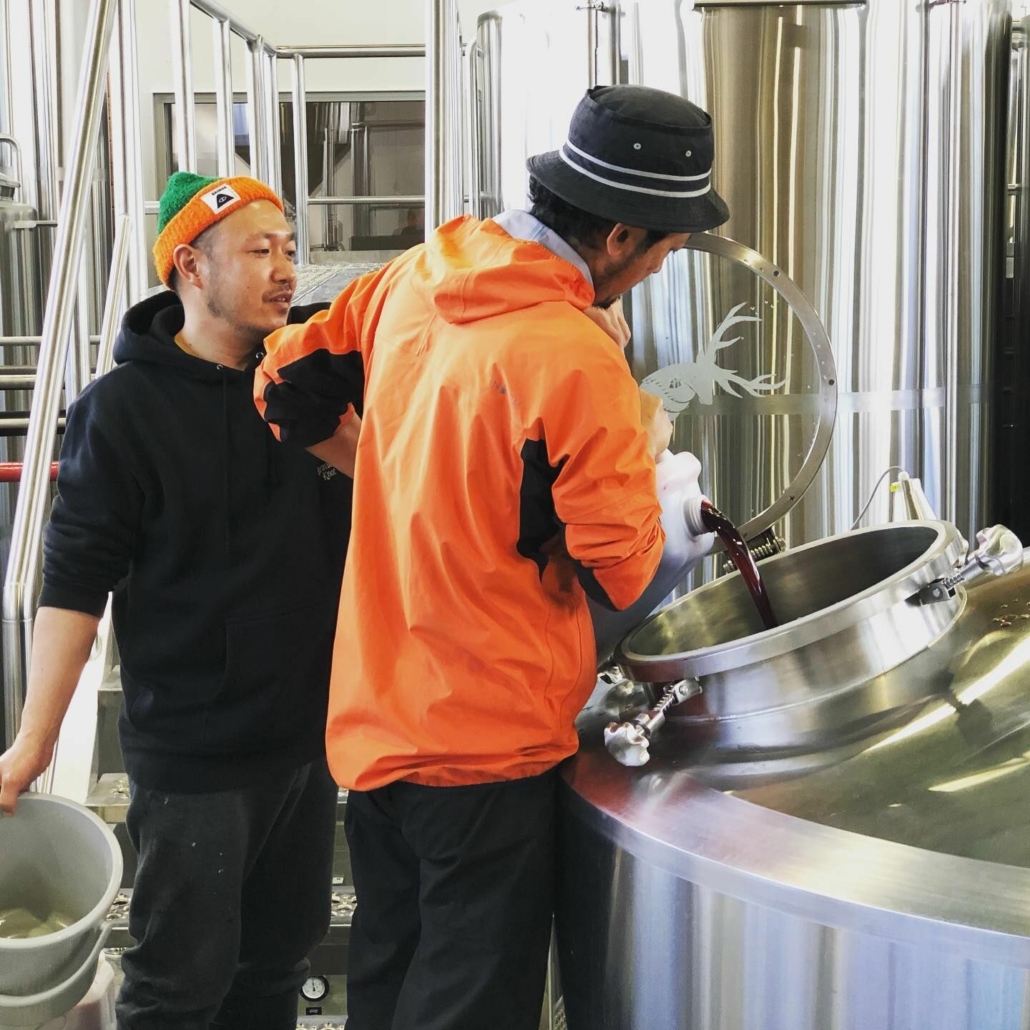
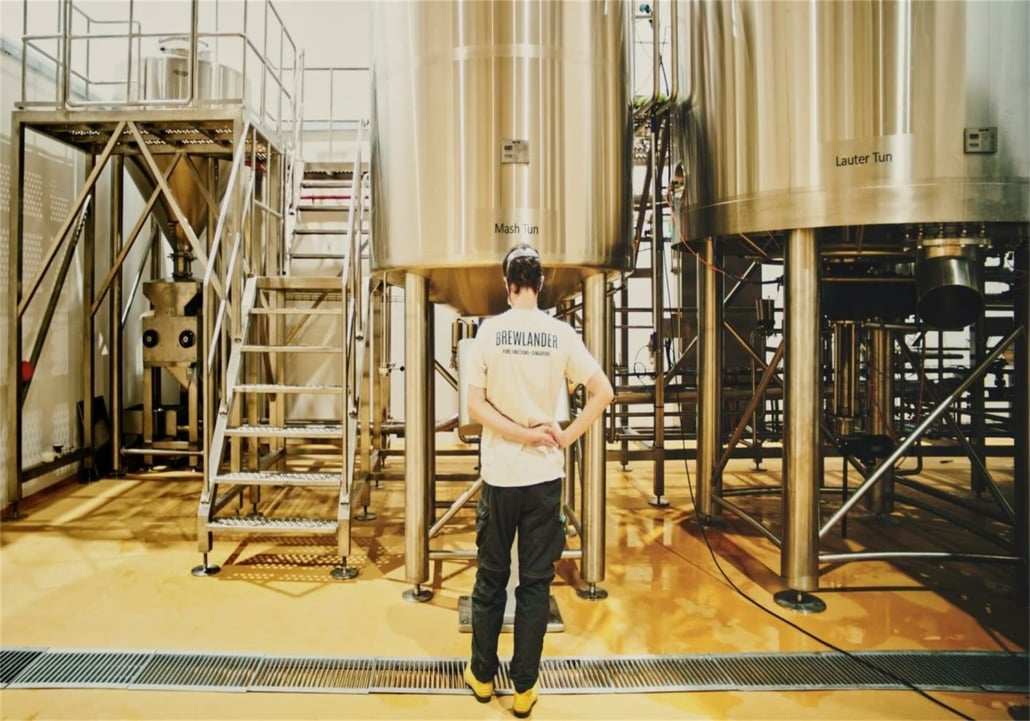
The ROI of Investing in Quality Brewing Equipment
Initially, it’s essential to understand that investing in quality brewing equipment might seem expensive upfront. However, considering the long-term benefits makes it a wise choice. By making this investment, you’ll see a remarkable improvement in taste and consistency. As a result, you’ll gain more customers, receive positive feedback, and witness increased sales and revenue.
Moreover, high-quality brewing equipment is built to last, ensuring you won’t face frequent repairs or replacements. Consequently, you’ll save money in the long run. Additionally, quality equipment is energy-efficient, meaning you’ll benefit from reduced energy bills while contributing to a greener environment.
In particular, commercial brewers stand to gain significant returns on investment when upgrading to top-notch brewing equipment. Your customers will notice the improved quality of your beer, leading to increased demand and, eventually, higher profits.
Furthermore, investing in quality equipment increases the value of your business. In case you decide to sell your brewery, potential buyers will likely consider it more attractive if you have well-maintained, high-quality equipment.
In summary, the return on investment for quality brewing equipment is evident in improved beer quality, increased sales and revenue, cost savings on repairs and energy, and enhanced business value. While the initial cost might be higher, the long-term benefits make it a smart decision for any serious brewer.
Conclusion
Investing in quality brewing equipment is a smart decision for both homebrewers and commercial brewers. High-quality equipment leads to better taste and consistency, increased durability and reliability, and improved energy efficiency. Consider your budget, brewing scale, material, and user-friendliness when selecting the right equipment for your needs. Proper maintenance is also essential to ensure the longevity and performance of your investment.
Thank you for reading this blog about Quality Brewing Equipment. If you’re looking for a high-quality, durable, and easy-to-use Quality Brewing Equipment, we recommend the brewing equipment brand Yolong Brewtech. Yolong brewing equipment has a good reputation in the market, and their products’ quality and reliability have stood the test of time. To learn more, visit our product page and browse our brewing system products.
Share this entry
Interested in learning more about Brewing Systems including additional details and pricing information? Please use the form below to contact us!
YOLONG BREWERY EQUIPMENT FAQS
- Commercial Brewery / Craft Brewery / Microbrewery / Nanobrewery
- What is The Difference Between Craft Beer and Industrial Beer?
- The Bespoke Differences In Custom Brewing Systems
- Everything You Need to Know About Kettle Souring
- How to Choose Brewing Equipment for Your business?
- How To Choose The-Best Partner To Build Your Commercial Microbrewing System?
- Two Detection Sensors That You Need To Use In Your Brewhouse System
- Remote Control Applications in Brewing Equipment/How does it work?
- How To Clean Your Brand New Brewery Tanks?

